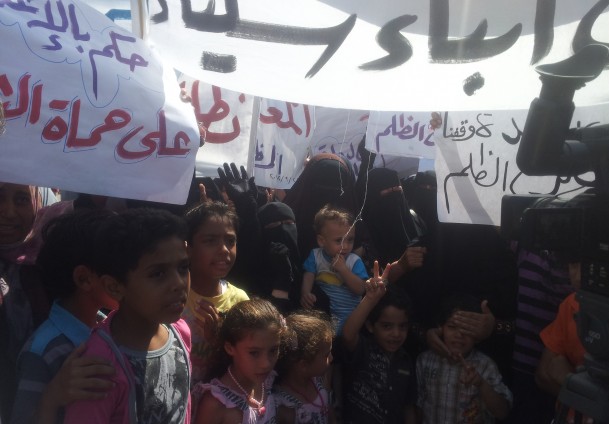
(AFP File Photo)
By Doaa Farid
Prime Minister Hazem El-Beblawi discussed means of expanding economic cooperation between Egypt and the United Arab Emirates (UAE) with his Emirati counterpart, Mohamed bin Rashed Al-Maktoum, during his three-day visit with his delegation to Abu Dhabi, which began on Friday, according to state-run news agency MENA.
El-Beblawi discussed organising a global economic conference in Egypt with Al-Makhtoum. It would be attended by Arab countries that support Egypt, including Saudi Arabia, UAE and Kuwait to discuss means of attracting new investments.
Al-Maktoum, who is also monarch of Dubai, has expressed his aspirations that Egypt will overcome “the current challenge, like what UAE did earlier in face infrastructure problems, was overcome by a comprehensive vision.”
El-Beblawi said that the UAE and Gulf security is a part of the Egyptian national security. “What is happening between Egypt and some Arab countries is the beginning of the Arab nations’ cooperation, which awaits a promising future,” he added.
According to MENA, El-Beblawi stressed on the need to transform the agreements that have been signed between both countries in the field of economy into a reality.
Meanwhile, Minister of Finance Ahmed Galal has denied in a statement on Thursday what has been reported in the media regarding additional aid from the UAE, confirming that “the prime minister will reach a final agreement with regards to current negotiations.”
El-Beblawi is accompanied by interim Deputy Prime Minister for Economic Affairs Ziad Bahaa El-Din, the governor of the Central Bank, as well as ministers of investment, trade and industry and petroleum, according to a cabinet statement, highlighting the economic focus of the visit.
The cabinet statement pointed out that the volume of trade between Egypt and Gulf countries amounts to $1.5bn and that UAE is the third biggest investor in Egypt, having contributed approximately $5bn up to mid-2012.
The UAE was among the first Gulf countries to congratulate Egypt in the wake of former president Mohamed Morsi’s forced removal following nationwide protests on 30 June. Ties between the two countries faced turbulent winds during the one-year rule of Morsi as officials from his government as well as the Muslim Brotherhood, from which he was drawn, repeatedly made comments deemed offensive to the Gulf state.
Following Morsi’s ouster, the UAE, along with other Gulf countries, announced new financial aid packages to Egypt. UAE aid to Egypt is comprised of a $1bn grant and a $2bn interest-free deposit in the Central Bank. It also sent seven shipments of fuel worth $225m in July.
The Egyptian net international reserves have significantly increased, reaching $18.916bn at the end of August 2013 as result of aid from Gulf countries.
Defence Minister Abdel Fattah Al-Sisi had met in September with UAE Crown Prince and Deputy Supreme Commander of the Armed Forces Mohammed bin Zayed Al-Nahyan, to discuss means of strengthening the economic, political and security ties between both countries.
Finance Minister Ahmed Galal reached an agreement earlier in October with Emirati Secretary of State Sultan Ahmed Al-Jaber to strengthen cooperation with the UAE in the fields of energy, investment in infrastructure, health insurance and public debt.



